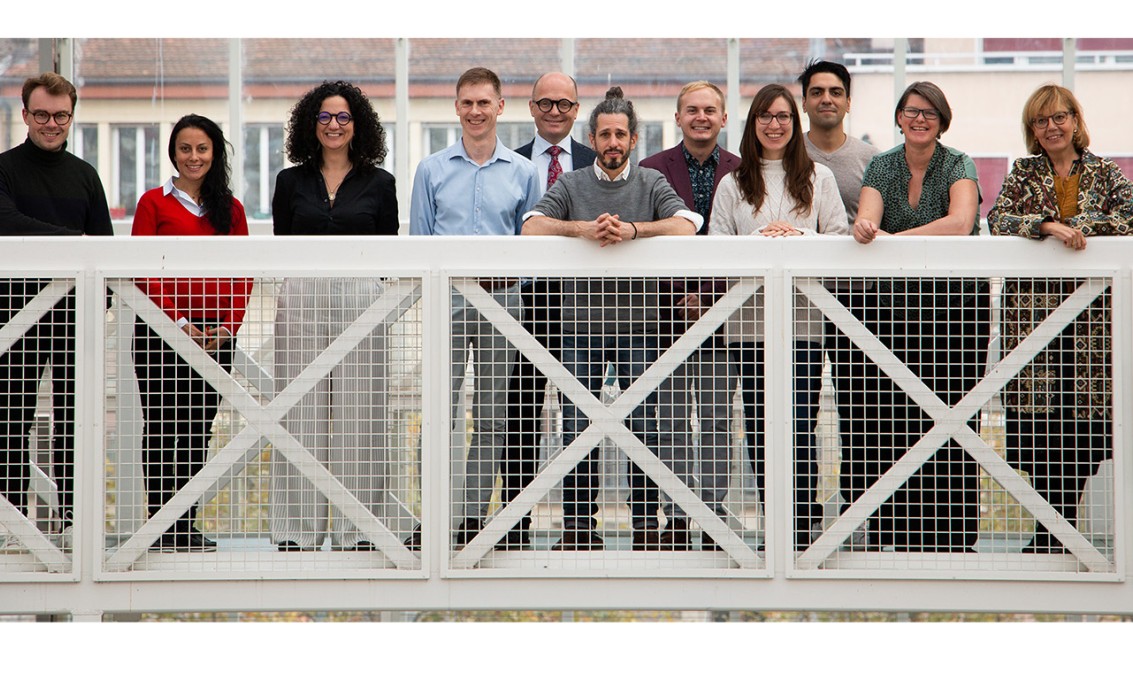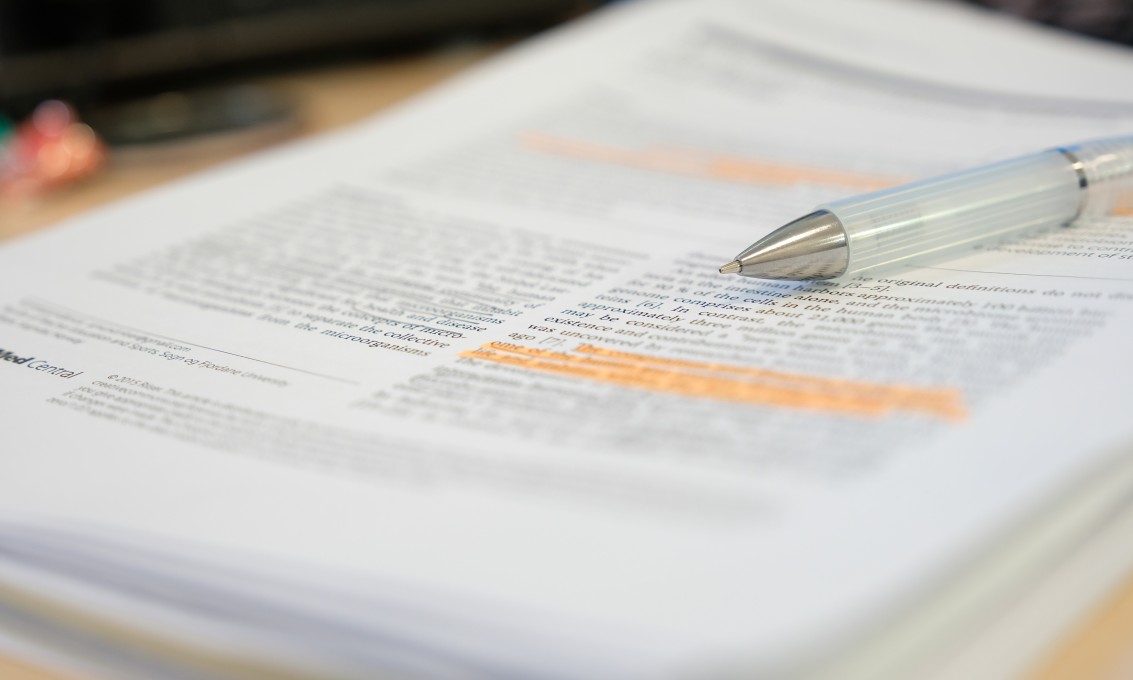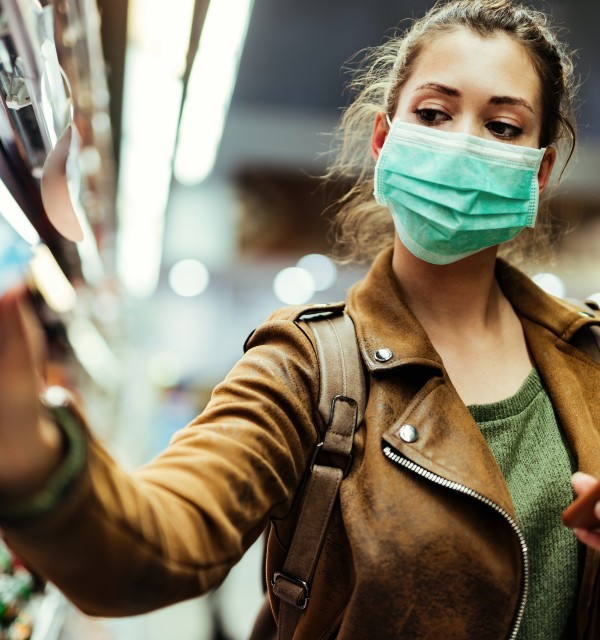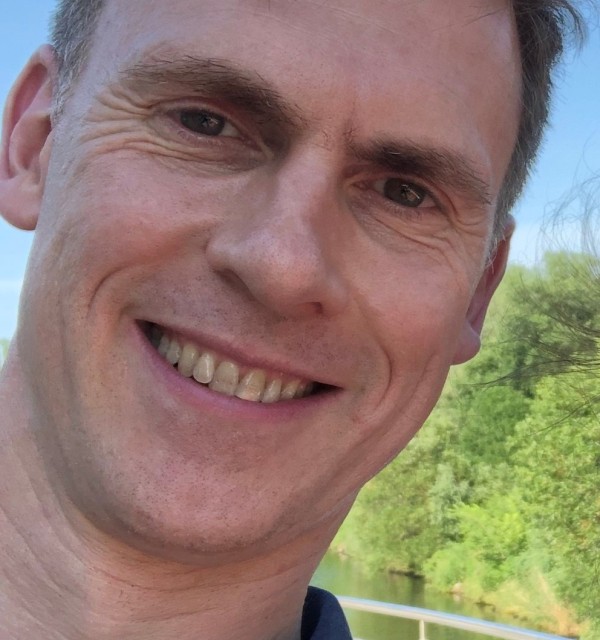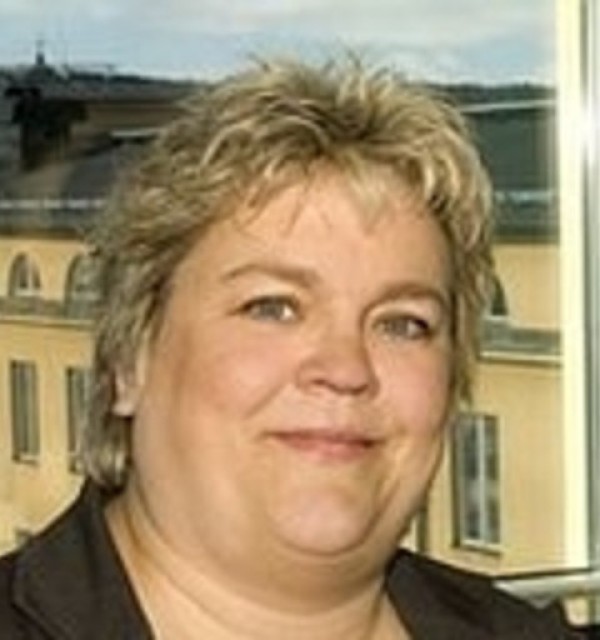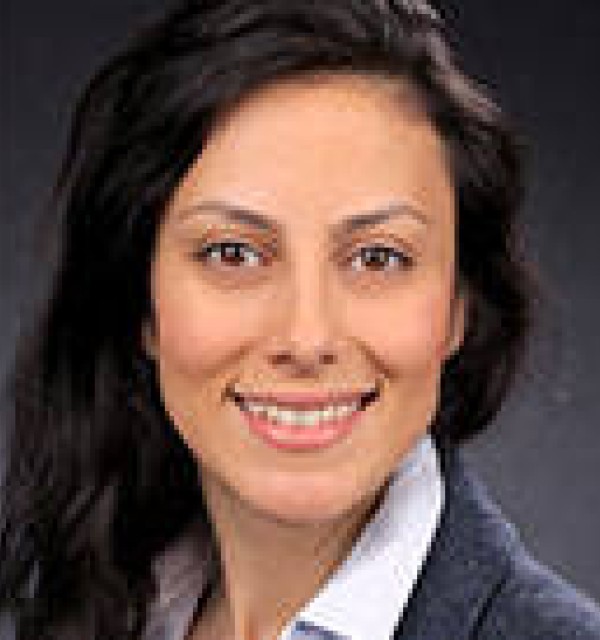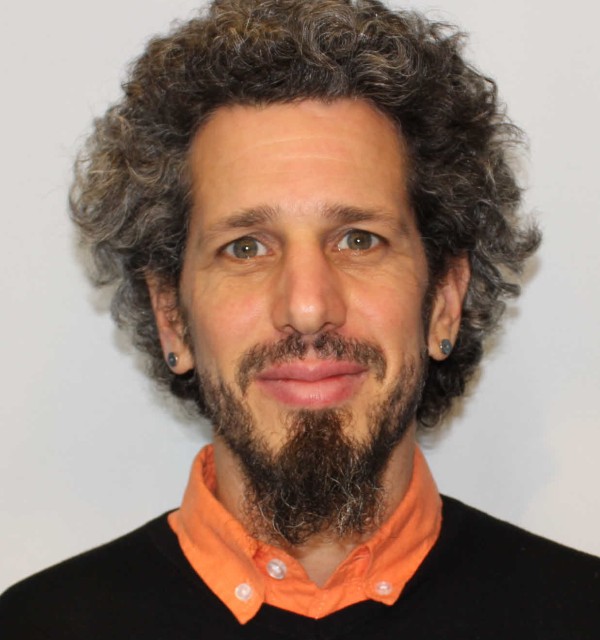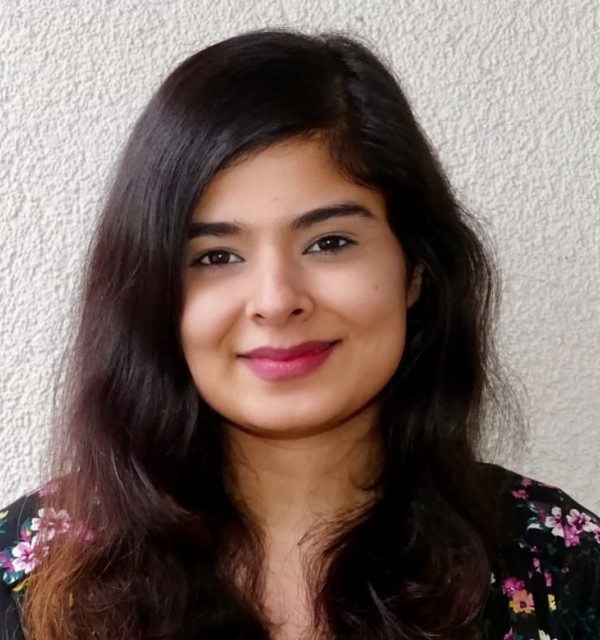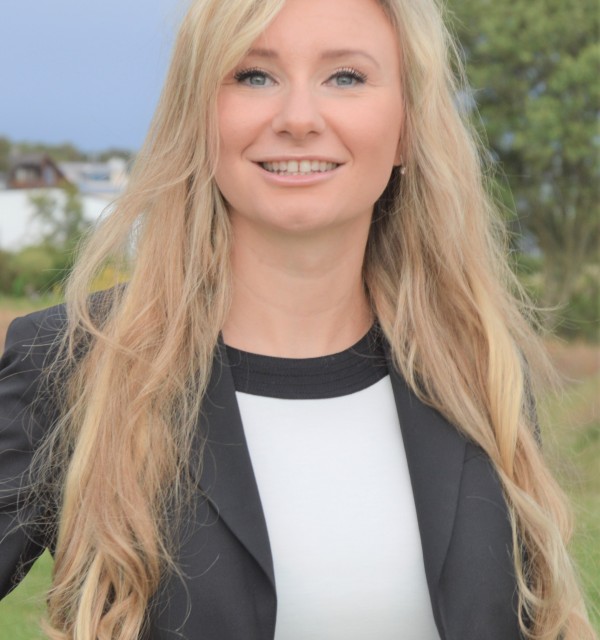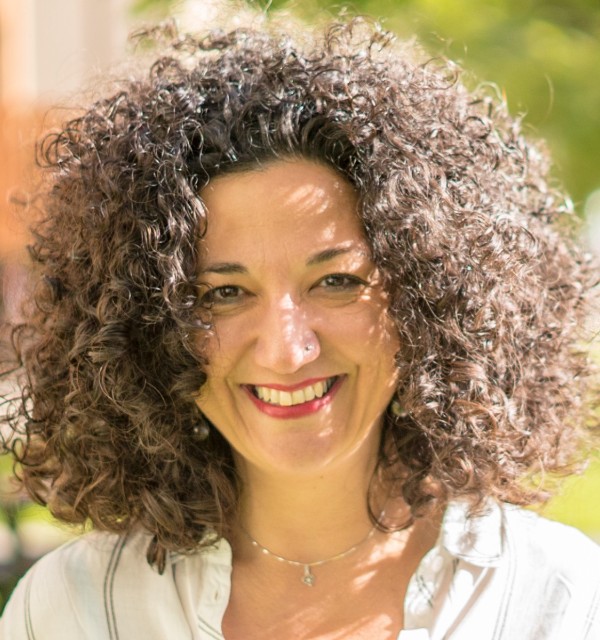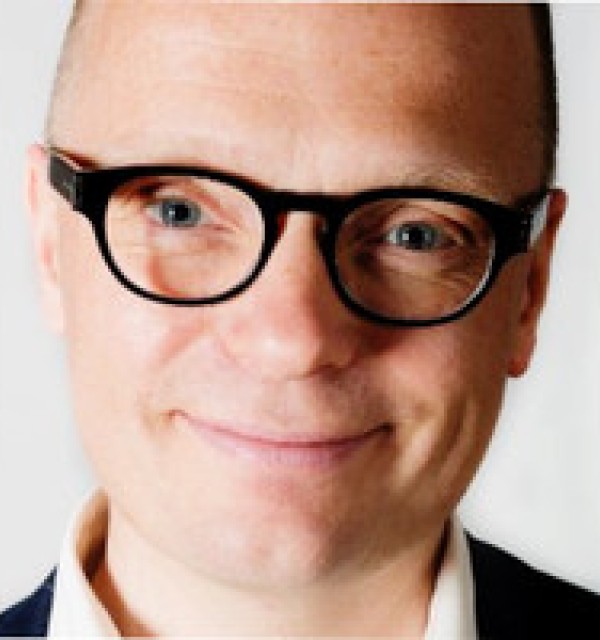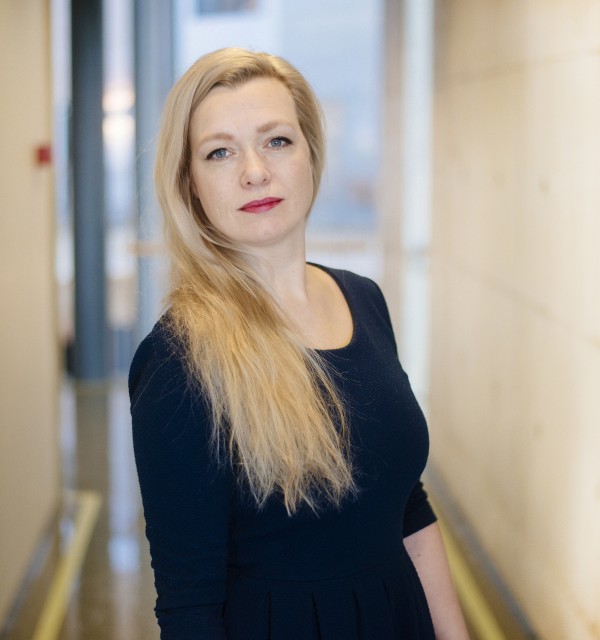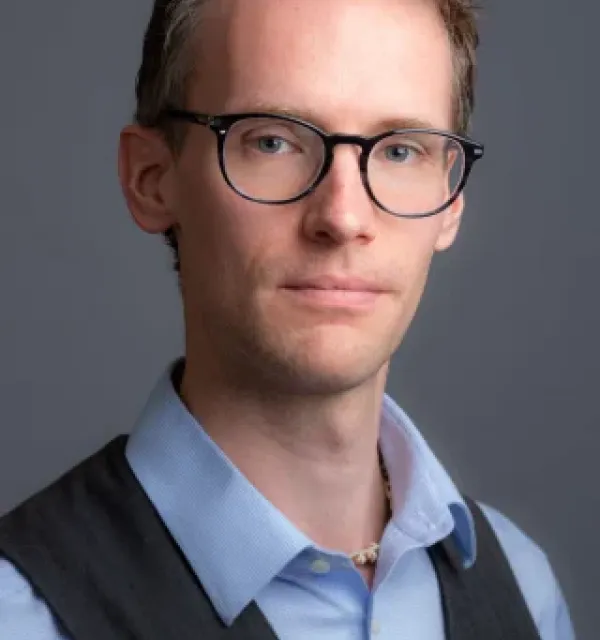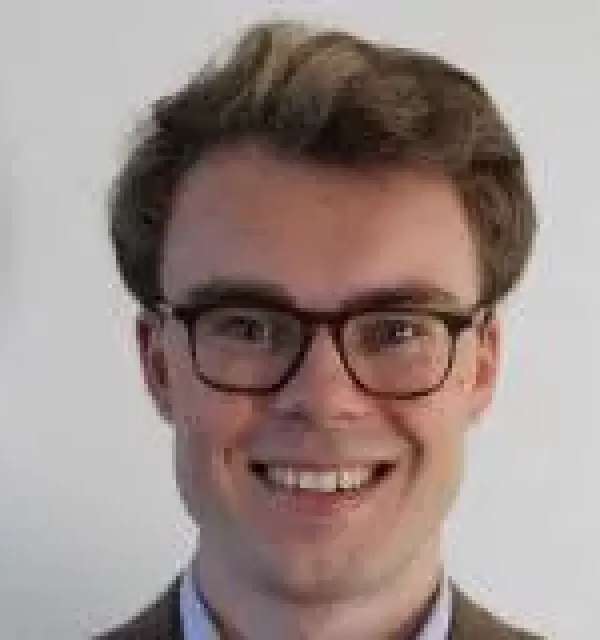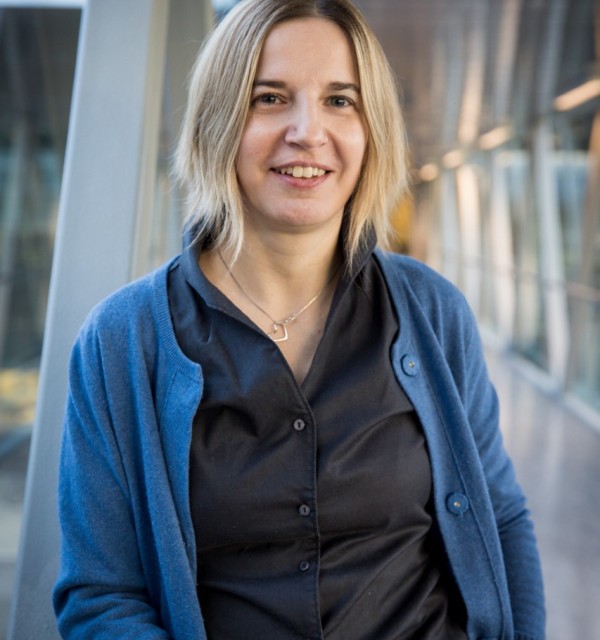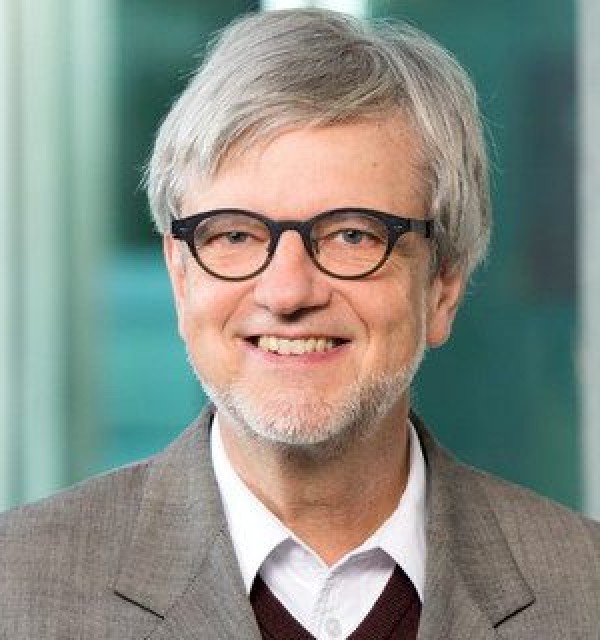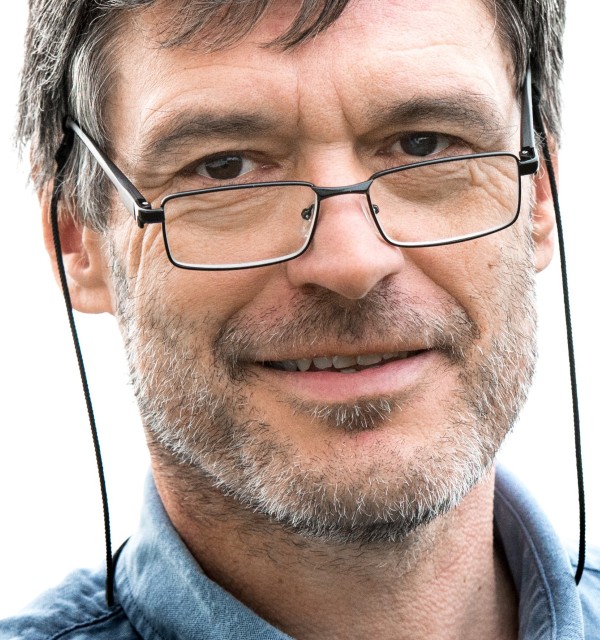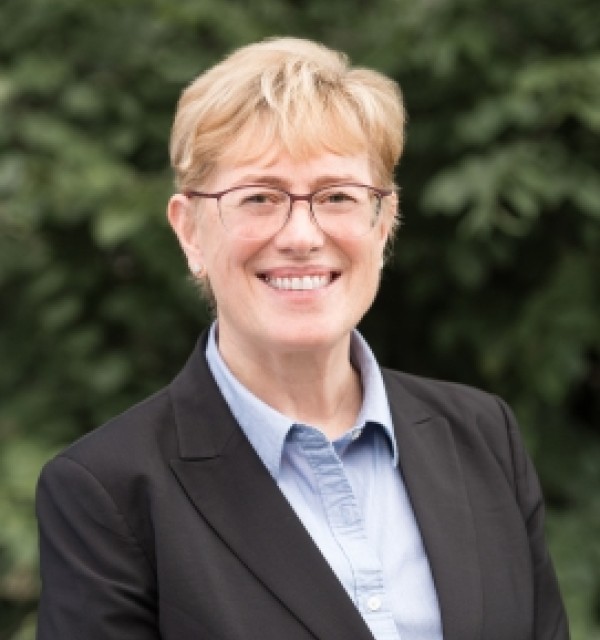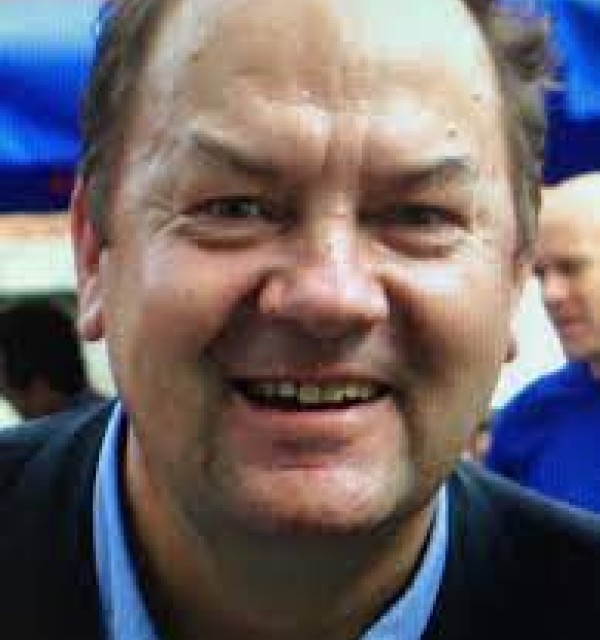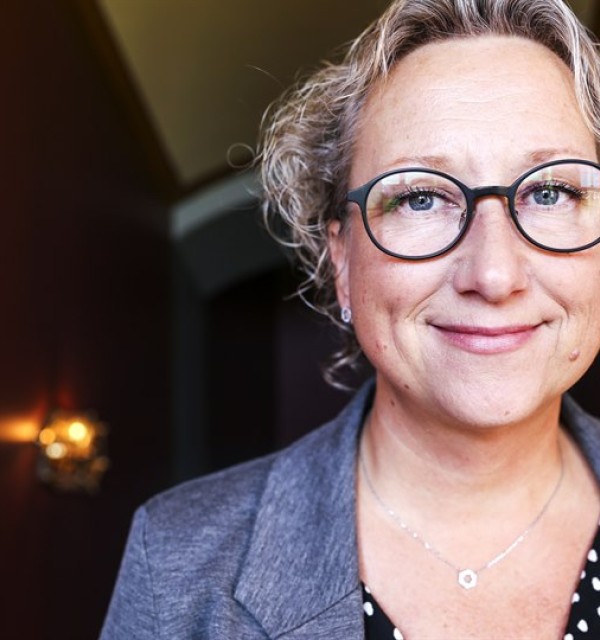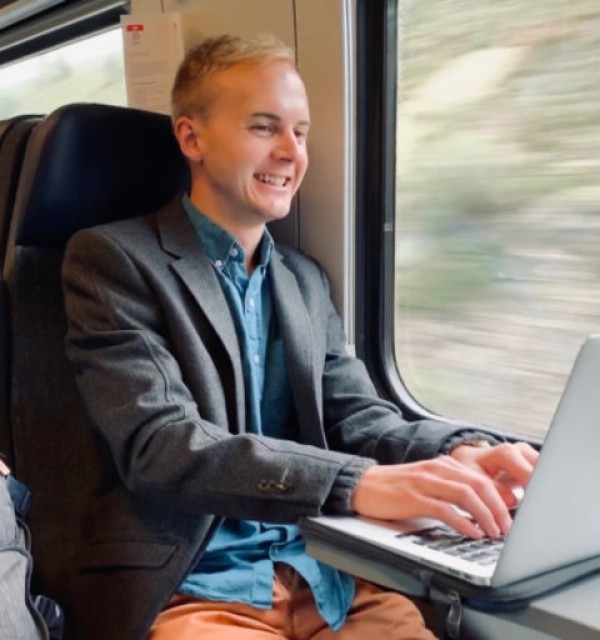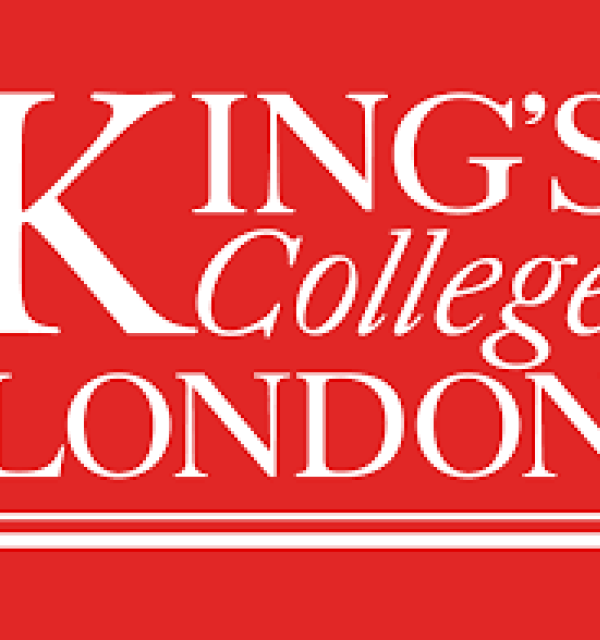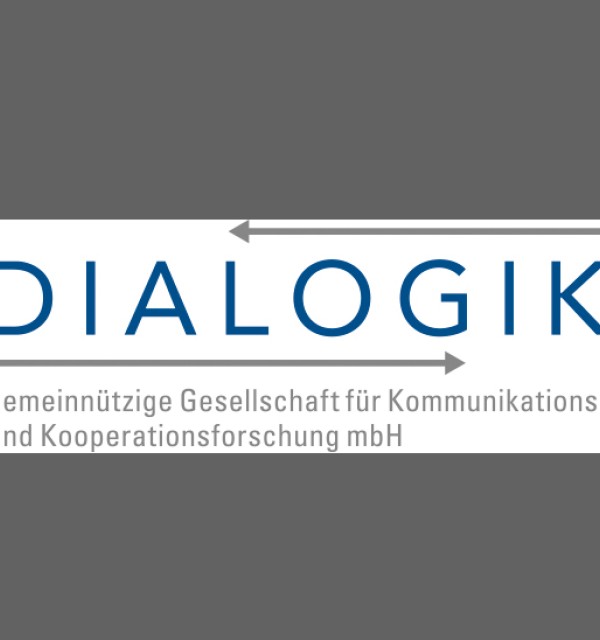The PAN-FIGHT project studies how to fight pandemics with enhanced risk communication. Messages, compliance and vulnerability during the COVID-19 outbreak are central themes.
It remains important to analyse the social dimensions of how risks around COVID-19 are governed in cases of uncertainty, how preparedness discourses are enacted, and how risk is communicated.
Throughout the COVID-19 outbreak, we have observed considerable variations in how national governments have communicated with their citizens. While home country has thereby made a significant difference to people’s pandemic vulnerability, we know from previous research that other social factors can prove equally important.
The purpose of PAN-FIGHT is to identify any correlations between risk communication and individual vulnerability during the COVID-19 outbreak. We intend to map the authorities’ risk communication practices in Norway, Germany, Sweden, Switzerland and the United Kingdom. Further, we will investigate how different population groups in these countries have translated risk communication messages into adjustments of their daily routines.
In addition to nationality, we will pay particular attention to the significance of gender, as well as factors such as age, income, cultural background, household composition and home location. Based on our findings, we will develop new risk communication strategies that are socially, culturally and geographically sensitive.
Throughout the project, we will consult with national, local and professional authorities in the five above-mentioned countries. They will provide information on their COVID-19 communication practices and express their needs for new knowledge. As key stakeholders, they will also assist our study by providing feedback on the practical applicability of project outputs.
As future pandemic pathogens may be much more sinister, this project aims to improve the ability of authorities to reach different population groups and thereby strengthen health-related emergency preparedness at local, national as well as international levels.
Department of Safety, Economics and Planning
Supported by the Norwegian Research Council's extraordinary programme for corona research
Project is lead by Associate Professor Kristin S. Scharffscher
| Work package 1 leader | Work package 2 leader | Work package 3 leader | Work package 4 leader |
Department of Safety, Economics and Planning
| WP1 Post-doc | WP2 Post-doc | WP3 Post-doc | WP4 Post-doc |
Department of Safety, Economics and Planning
Department of Safety, Economics and Planning
Department of Safety, Economics and Planning
